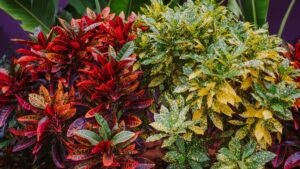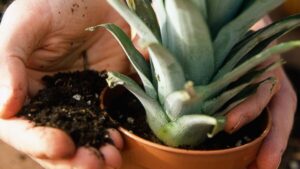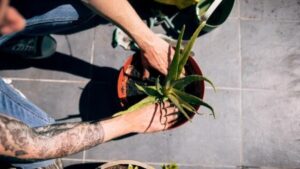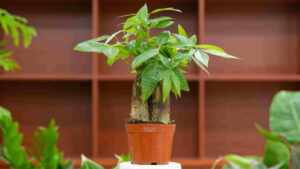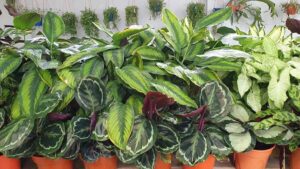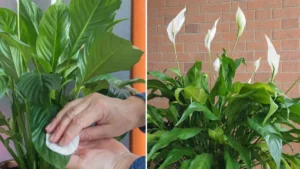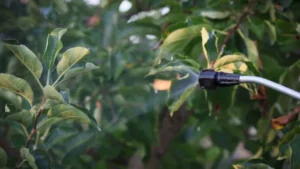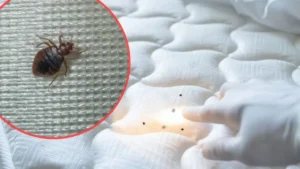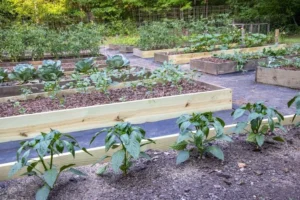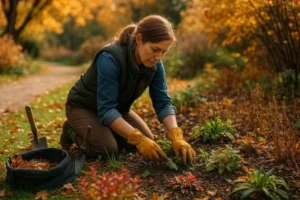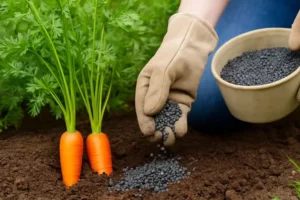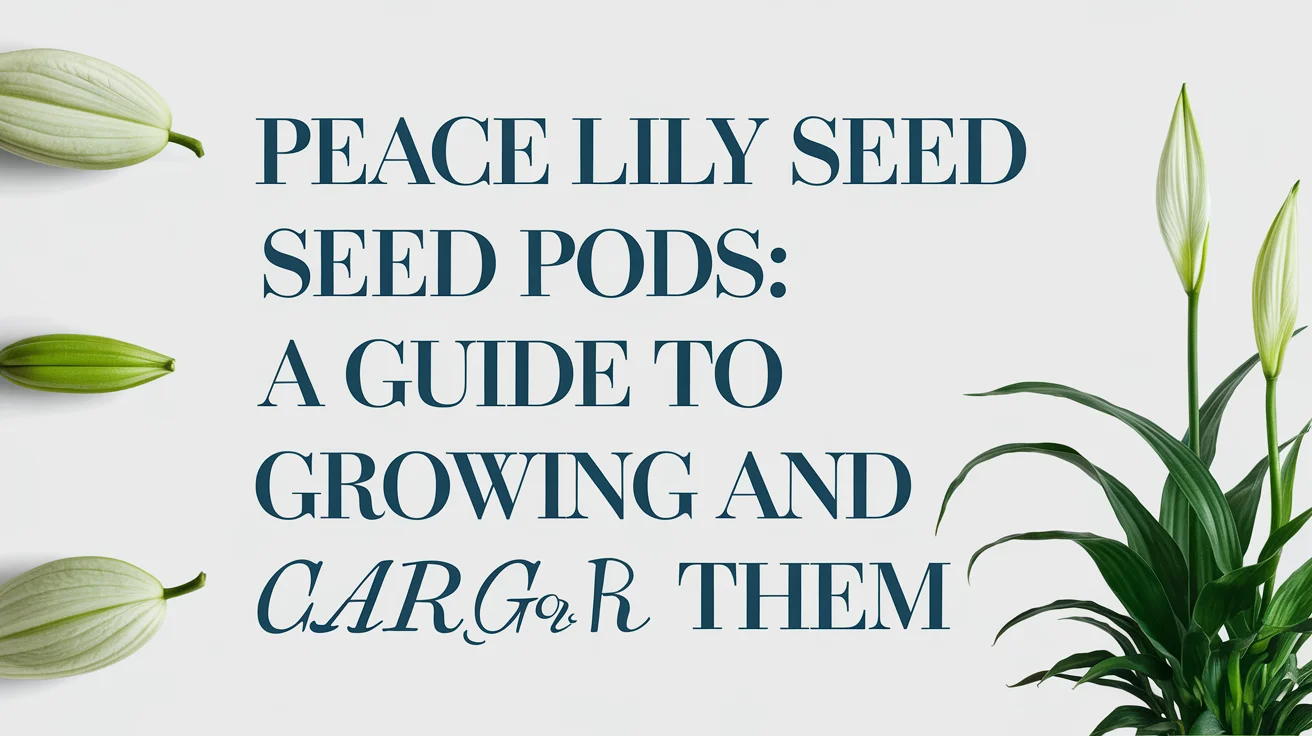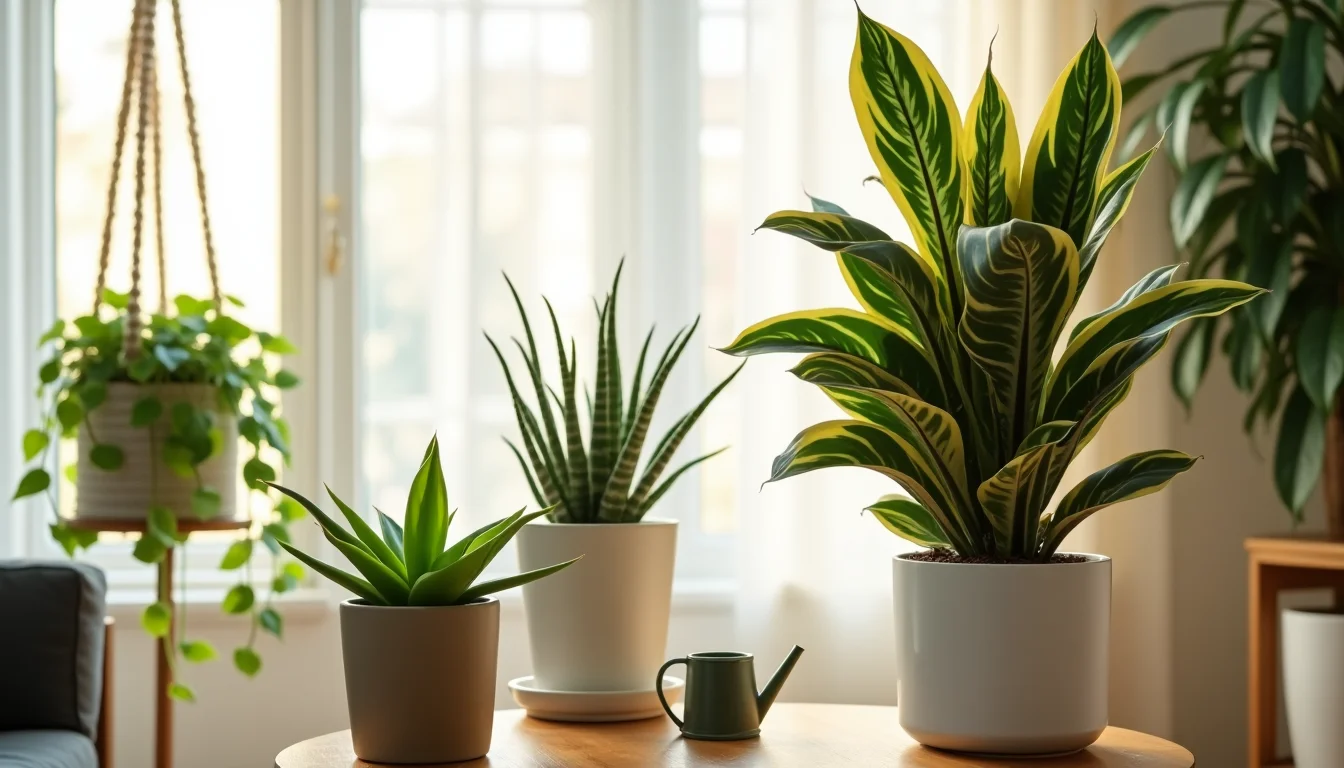Indoor plants enhance your home’s beauty, improve air quality, and create a calming atmosphere. Neem oil for indoor plants is a natural solution that protects them from pests and fungal infections while promoting healthy growth. It is safe, eco-friendly, and easy to apply, making it ideal for any indoor garden.
Regular use strengthens plant immunity and supports vibrant foliage. Meanwhile, caring for your plants can be relaxing, and planning visits to Hamburg places to visit adds inspiration and leisure. With proper techniques, neem oil ensures thriving greenery throughout the year.
Understanding Neem Oil for Indoor Plants

Neem oil is extracted from the seeds of the neem tree (Azadirachta indica), native to India. Neem oil for indoor plants is a natural, safe, and non-toxic pesticide and antifungal agent. It strengthens plant immunity, promotes healthy leaf growth, and reduces fungal infections like powdery mildew and black spots.
Furthermore, regular use supports sustainable indoor gardening and improves overall plant resilience. Meanwhile, planning visits to Hamburg places to visit can offer inspiration and a refreshing break from daily routines, helping gardeners return home with renewed focus to care for their plants.
How Neem Oil Works: Science Behind the Magic

Neem oil contains azadirachtin, a compound that disrupts insect life cycles, preventing feeding, mating, and reproduction. In addition, its antifungal properties target harmful fungi at the cellular level, a natural alternative to chemical fungicides. Practically, neem oil reduces pests, controls fungal spores, and enhances plant resilience.
As a result, regular use of neem oil creates a protective barrier, keeping indoor plants healthy and pest-free. Its natural composition works well for leafy greens and flowering plants. Consequently, it helps gardeners avoid harsh chemicals while maintaining a safe environment for family and pets.
How to Apply Neem Oil to Indoor Plants
Proper application of neem oil is essential for maximum effectiveness. Otherwise, improper use can damage leaves or reduce its benefits. By following correct methods, you ensure your indoor plants remain healthy, pest-free, and thriving.
Key methods include:
-
Spray Method: Mix neem oil with water and a few drops of mild dish soap; spray leaves evenly.
-
Soil Drench: Pour diluted neem oil into the soil to target root-feeding pests.
-
Apply every 7–14 days, adjusting for plant sensitivity.
-
Spray in the morning or evening to avoid leaf burn from sunlight.
Additionally, these practices protect your plants without affecting growth or appearance. Shake the mixture well before spraying to cover both leaf surfaces. Similarly, rotating plants helps prevent uneven pest infestations and ensures maximum effectiveness.
Tips for Maximizing Neem Oil Effectiveness
Neem oil is highly effective; however, combining it with proper plant care maximizes results. Indoor gardeners should follow simple tips to enhance effectiveness. Regular monitoring and pruning also help prevent infestations early. This approach ensures plants remain healthy, vibrant, and thriving.
-
Prune dead or diseased leaves to reduce infection risk
-
Keep plants adequately watered while avoiding overwatering
-
Inspect plants weekly for early pest detection
Consequently, integrating these practices ensures neem oil treatments work efficiently, keeping indoor plants vibrant and healthy. Moreover, using proper lighting, humidity control, and temperature management enhances plant immunity, making neem oil treatments even more effective.
Neem Oil Safety Guidelines for Indoor Gardening
Although neem oil is safe, it is important to follow safety measures. Improper use can harm plants or reduce its effectiveness. By applying it correctly, you ensure your indoor plants stay healthy, vibrant, and thriving. Additionally, following these precautions protects your home environment and keeps it safe for pets and family.
-
Dilute neem oil before applying; concentrated oil can burn leaves
-
Avoid spraying during direct sunlight
-
Test on a small leaf area before full application
-
Store in a cool, dark place away from children and pets
By following these steps, neem oil remains a safe and reliable solution for indoor plant care. Furthermore, gardeners should always wear gloves when handling concentrated neem oil to avoid skin irritation and maintain hygiene during application.
Common Pests and Diseases Neem Oil Controls
Neem oil is effective against many indoor plant pests and diseases. It helps control aphids, mealybugs, spider mites, and fungal infections like powdery mildew. Using it regularly keeps plants healthy, pest-free, and thriving. Additionally, it prevents new infestations and reduces the need for chemical pesticides.
-
Aphids, mealybugs, and spider mites
-
Powdery mildew and black spot
-
Fungus gnats when applied as a soil drench
Therefore, its dual action as both a pesticide and fungicide makes neem oil indispensable for indoor gardening. In addition, neem oil can help prevent new infestations, reducing the need for repeated chemical interventions and keeping your indoor space healthier overall.
Neem Oil for Specific Indoor Plants

Different indoor plants respond differently to neem oil. For example, ferns benefit from a weekly diluted spray to prevent spider mites, while orchids require sparing use to avoid sensitive root damage. Monstera and Fiddle Leaf Fig benefit from thorough leaf spraying for pests and a soil drench for early fungal infections.
Similarly, succulents require minimal application to prevent leaf buildup.Consequently, customizing neem oil application ensures pest-free, healthy growth for each plant type. Additionally, indoor plant enthusiasts can rotate treatment schedules to suit seasonal growth patterns, further enhancing plant health and aesthetic appeal.
Sustainable Indoor Gardening with Neem Oil
Integrating neem oil into a consistent plant care routine promotes sustainability and overall plant health. Simple tips include rotating plants, using organic fertilizers, and monitoring growth. These practices help maintain vibrant, thriving indoor greenery.
-
Rotate plants for balanced growth
-
Combine with organic fertilizers for nutrient-rich soil
-
Observe plant response to adjust frequency
-
Maintain cleanliness to reduce pest introduction
Moreover, using neem oil with sustainable practices supports healthy indoor plants and protects the environment. Pairing it with compost-based fertilizers or natural soil improves long-term vitality. Similarly, keeping your indoor gardening area tidy reduces pest and fungal problems.
FAQs
1. Can neem oil harm indoor plants?
Properly diluted and applied, neem oil is safe for most indoor plants. However, avoid spraying in direct sunlight.
2. How often should I use neem oil?
Every 7–14 days is typical; sensitive plants may need less frequent application. Additionally, always monitor plant response and adjust application as needed.
3. Is neem oil safe for pets?
Yes, neem oil is non-toxic to cats, dogs, and humans when used correctly. Moreover, ensure the treated area dries completely before allowing pets near plants to avoid accidental ingestion.
Conclusion
Neem oil is a natural, effective, eco-friendly solution for indoor plant care. Understanding its benefits and proper application helps protect plants from pests and fungal infections without chemicals. Integrating neem oil into your routine keeps indoor plants lush and healthy, whether succulents or houseplants like aloe (learn more here).
Meanwhile, while nurturing your indoor sanctuary, you can relax by exploring Hamburg places to visit. Enhance your indoor greenery by learning how to care for spider plants (read more here). Combining careful plant care with natural solutions like neem oil ensures healthy plants and an enjoyable gardening experience.


